BHEF Case Study Highlights Boeing and Washington University Partnership
Washington, D.C. (February 14, 2018) — The Business-Higher Education Forum (BHEF) released a new case study, Developing a Diverse Regional Engineering Talent Ecosystem: The Boeing–Washington University Joint Engineering Leadership Development Program, that examines how BHEF members, The Boeing Company (Boeing) and Washington University in St. Louis (Washington University), are collaborating with St. Louis Community College and the University of Missouri-St. Louis to develop a diverse regional engineering talent ecosystem.
This case study builds upon BHEF’s work through the National Higher Education and Workforce Initiative (HEWI) to support business-higher education partnerships that co-design innovative community college and university pathways to careers, as well as maximize work-based learning for students to increase transfers, degree attainment, and connections to living-wage jobs. As part of HEWI, BHEF received a five-year grant from the National Science Foundation to develop validated, evidence-based models for effective, strategic, and sustainable industry engagement with higher education to increase the persistence of science, technology, engineering, and mathematics (STEM) students, particularly among women and underrepresented minorities. BHEF catalyzed five partnerships focused on improving persistence and transfer of community college students by engaging business to serve as the change agent in the development of new STEM undergraduate pathways. This case study focuses on one of these partnerships—led by Boeing and Washington University.
This case study provides the following insights and implications for stakeholders in government, business, and higher education on developing a workforce that meets today’s engineering skill needs, as well as one that can serve as a model for other fields.
Insights
- Focus partnerships on developing a sustainable regional talent ecosystem
- Engage with external entities and develop infrastructure to support and scale ongoing partnership efforts
- Capitalize on existing business-higher education relationships to expand partnerships to other educational partners
- Use partnership development as a catalyst for aligning internal priorities and practices with program goals
- Develop programs with a student-first mentality
- Build high-impact practices into program design
Implications
- Leadership by business, higher education, and policymakers is an essential catalyst
- Businesses need to grow local talent and promote diversity by choosing the right educational partners in order to ensure regional economic growth
- Higher education must create partnerships that tap new talent pools and build high-demand skills for the regional economy
- Policymakers must ensure that public institutions have the resources to meet evolving middle- and high-skill workforce demands and that access is affordable to students
To access the full report, click here.
About the Business-Higher Education Forum
The Business-Higher Education Forum (BHEF) is the nation’s oldest membership organization of Fortune 500 CEOs, college and university presidents, and other leaders dedicated to the creation of a highly skilled future workforce. BHEF members collaborate and form strategic partnerships to build new undergraduate pathways; improve alignment between higher education and the workforce; and produce a diverse, highly skilled talent pool to meet demand in emerging fields.
